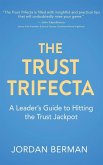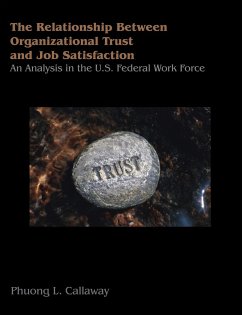Trust continues to be a leading concept in organizational commitment. Milligan (2003) conducted a survey looking at trust in the Air Force among junior officers. This study was conducted as a follow-up study to determine whether trust continues to be an issue in the Air Force. The purpose of this study is to measure the comparative strengths and weaknesses, as well as the significance, of leadership's ability to gain trust from its subordinates in order to reduce the numbers of officers leaving after their commitment. This research measures organizational commitment and trust in a random sample of 372 Air Force captains. All participants completed the following surveys: The Management Behavior Climate Assessment, Organizational Commitment Scales, Intent to Leave Scale, and a demographics survey. Findings of the research concluded with the following points, as trust is a growing factor in leadership and junior officers leaving the Air Force, there is a relationship between trust and commitment. There is also a strong relationship between commitment and intent of junior officers leaving the Air Force. Finally, trust was the primary variable in this study and it was found that with an increase of trust in leadership, there is a decrease of junior officers leaving the Air Force.








